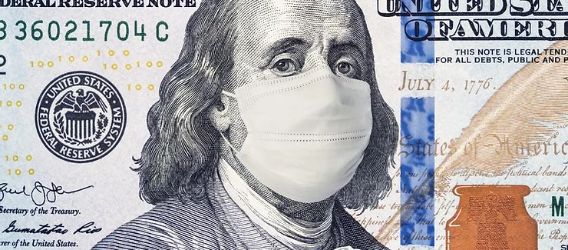During the Pandemic response, the number of the fiscal and monetary answer has been remarkable. As unemployment proposals highs not viewed since the Great Depression, governments have raced to connect the gap. The IRS has granted out over 159 million stimulus checks, describing $267 billion directly distributed to Americans, As per NBC News.
The payments describe a 1,200 Dollars payout per adult, $2,400 for per married couples, and $500 per child (Under 17) who are under the care of parents. 120 million of these payouts were sent by direct deposit, 4 million by prepaid debit card, and 35 million by check.
In a recent Congressional discussion, whether or not to use a digital dollar to give further stimulus payouts came up. The full report with PDFs of observer data is on the official Congressional Website. A note that began with the hearing notes that thirty-five million Dollars payout made by paper checks, while thirty to thirty-five million also were to be done — and this was only by the first round of stimulus. Paper checks sent fifty-Five billion Dollars on June 5th, 2020.
The assumption is that those with paper checks are unbanked. By the Consumer Federation of America (CFA), it cost, on average, in the U.S., 4.11% of the cost to cash a paycheck by cash checking services. But, this changes profoundly by state, with some states like California having 12% charges. Using this standard across all checks given in the first round, however, yields savings of somewhat more than 2.26 billion dollars if you could remove all of the cost.
While it's possible that people use different methods than cash checking firms to deposit their funds, and that methods will also have their processing fees, this amount is only available to those More stimulus given will increase further with checks whether to hold in the future rounds. It is secure to say that the United States taxpayer could profit in billions of dollars of orders.
The record also saw that 64 million taxpayers (about 41% of filers) listed without any bank information in 2018, making it hard to make direct deposits and serving a population of people who might be unbanked, and would be challenging to receive stimulus payouts to with direct deposit or without necessary processing fees.
More: https://www.consulting24.co/post/digital-currency-for-stimulus-checks-can-save-billions

